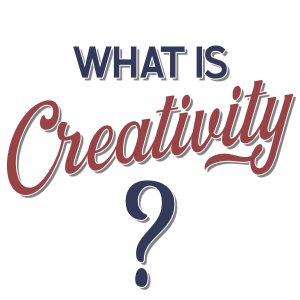In a previous post I wrote about practicing in public, and the need to get feedback from others, even early in your skill development. I also mentioned briefly that there will be some kinds of situations when you need to exercise some constraints on how public to share your ongoing development. In this follow up, I will expand on when you might not want to expose others to your mistakes.
I chose the title of this post because it’s a phrase that I use from time to time, and it reflects the kind of wisdom that comes from not following it. ???? But it also illustrates a few reasons why exceptions to practicing in public might apply.
The first reason is that we can, for the most part, recognize when something tastes good, looks appetizing, has a good texture, etc. At professional levels of cooking, subtle skills can certainly be honed with discriminating critique. But for the more common get-togethers, our guests are there to have a nice time, not to act as food critics. So don’t force them into the role or critic by serving a dish that you haven’t quite worked out yet. They will probably still say something polite, but why not let it be about the dish that you know how to make very well? If you can tell good food from bad, then you don’t have to force others to endure your mistakes
Another thing is to separate practice from performance. There is a time when your intention is to demonstrate your skills rather than trying to develop them. You probably like hearing kind words after a performance, but it’s about much more than getting a critique.
Finally, it’s important to remember to seek qualified evaluation when possible. If a highly skilled mentor is available, then get and heed their feedback. Feedback from truly unqualified people probably won’t be of the same quality of a more skilled teacher. It may actually be worse than no feedback at all if it’s based on bad understanding or bad intent. It’s not always all-or-nothing.
But back to the more general need for feedback for learning, there is a time and a place for different kinds of feedback from different sources. Constantly seek feedback as part of your learning, keeping in mind the source, of course. Mostly, don’t hold yourself back on getting feedback just because an ideal teacher hasn’t yet presented themself to you.

